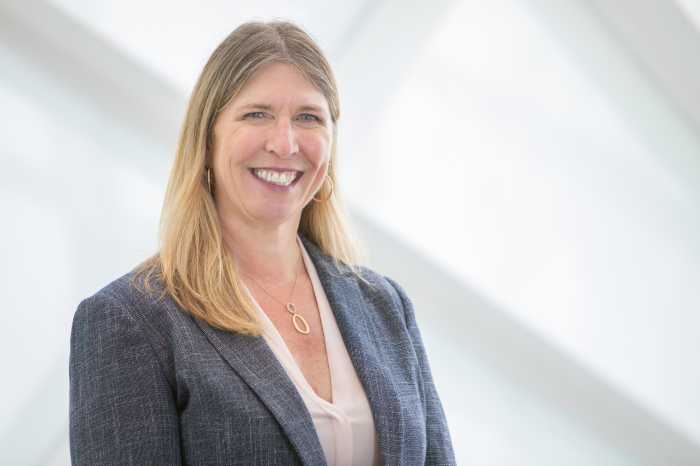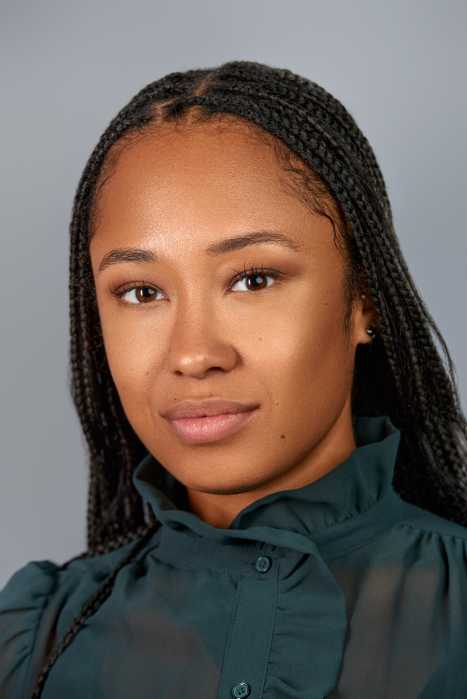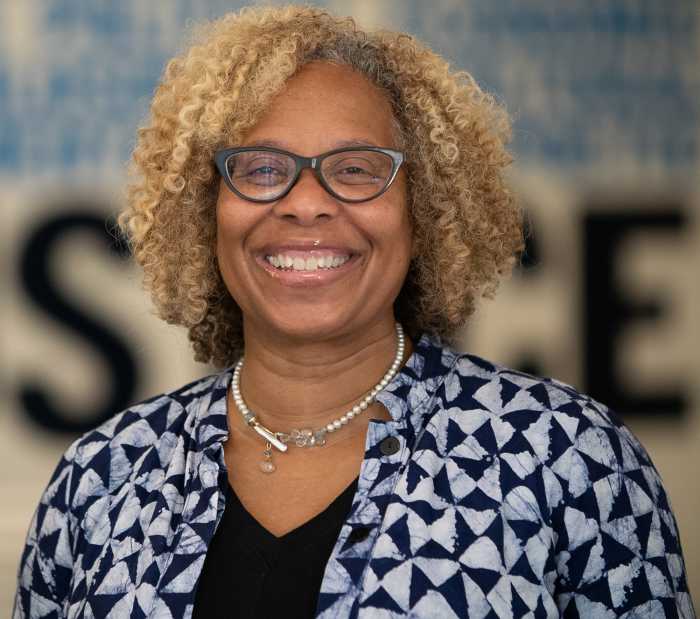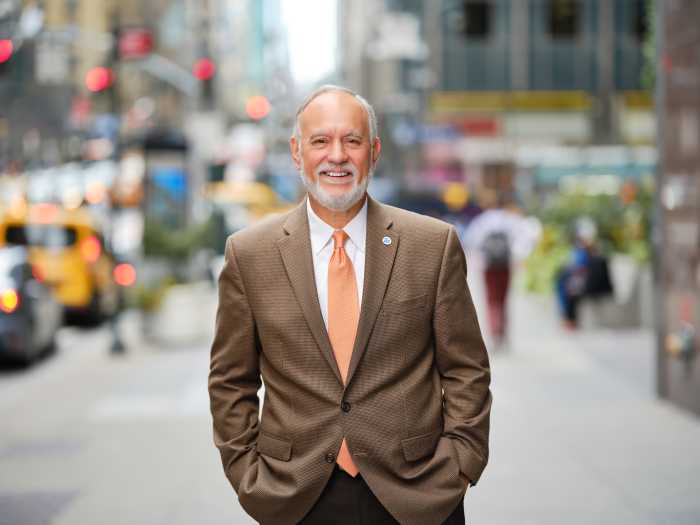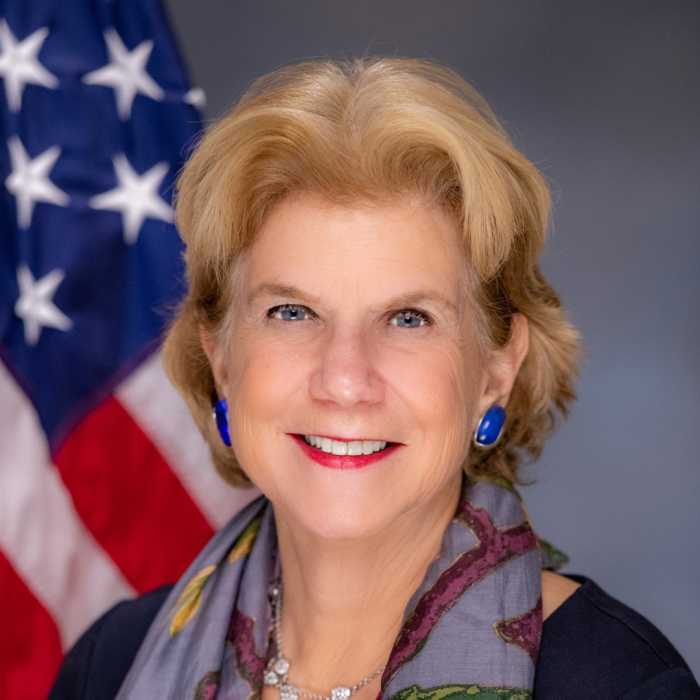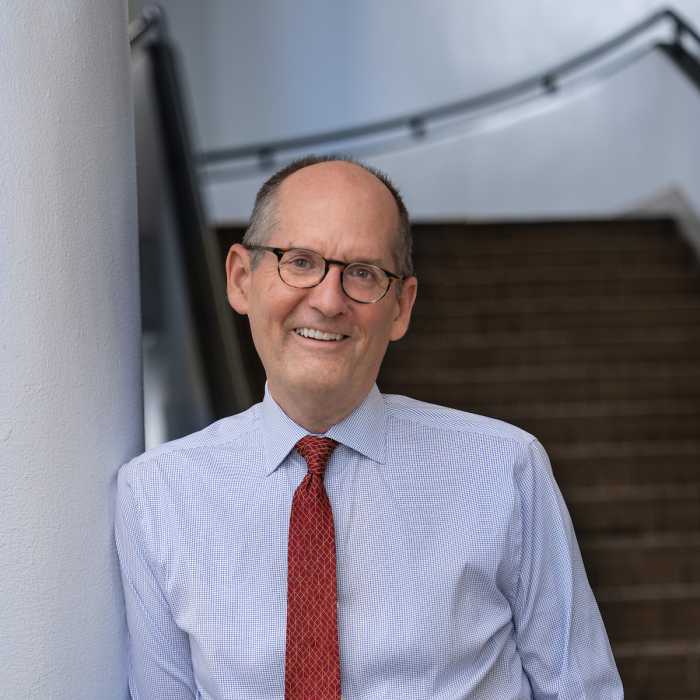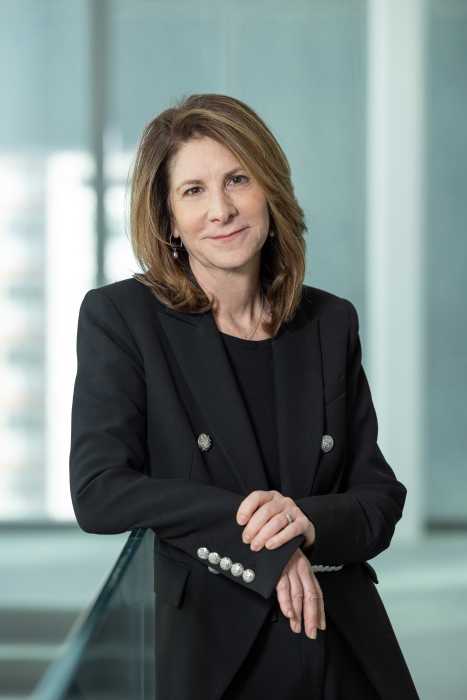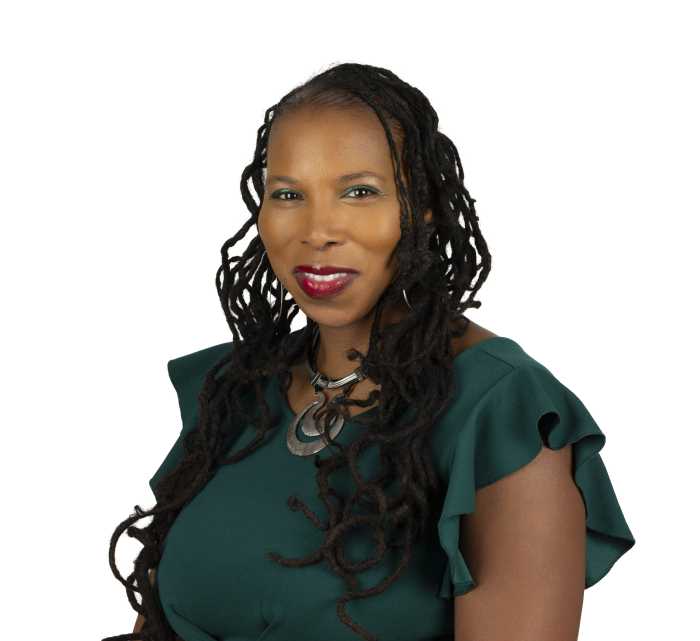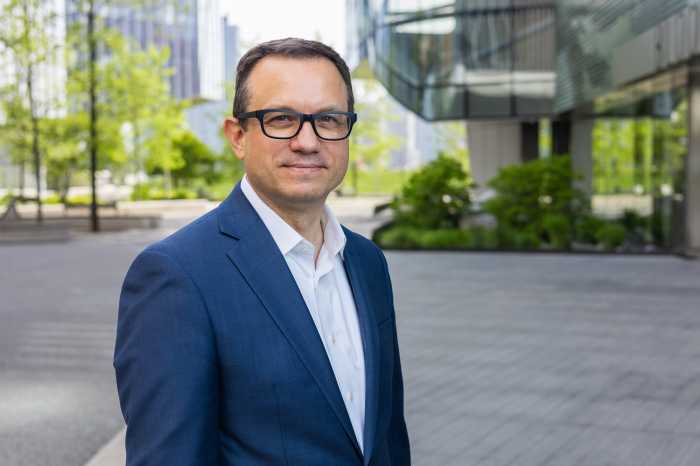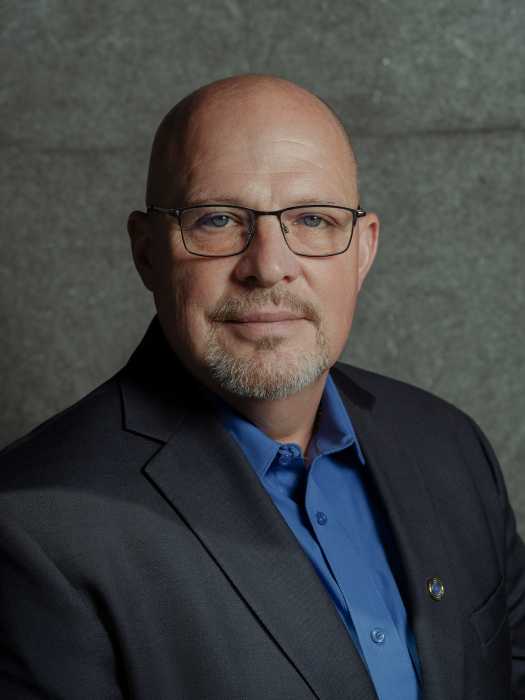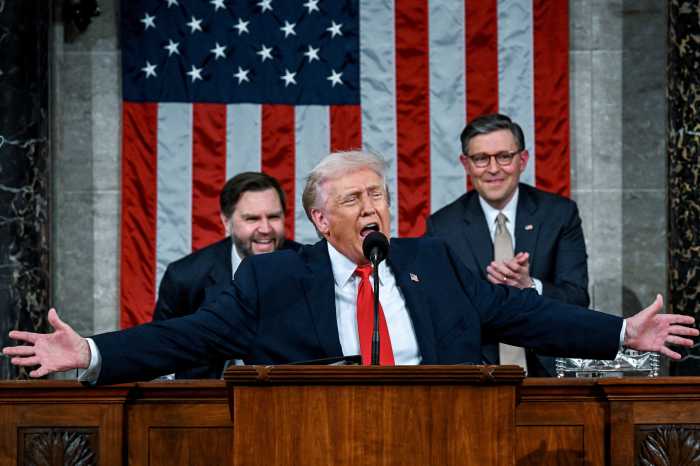Dr. Christine Mangino is the sixth president of Queensborough Community College, CUNY. Previously, Dr. Mangino served as department chair, dean, and provost at Hostos Community College. At Queensborough, she led the first five-year strategic plan and established centers for racial healing, men’s resources, and LGBTQ+ support. She is a Middle States peer evaluator, serves on national research commissions, and is an Aspen Presidential Fellow committed to advancing equity and student success in community colleges.
How has the educational landscape changed in recent years and what are your hopes for its future?
Higher education is increasingly focused on demonstrating value by aligning degrees more closely with career pathways. We’re also becoming more flexible, leveraging technology to meet diverse learning needs and expand access. I hope that we continue to innovate while strengthening these connections, so students see the relevance of their education and are well-prepared for both the workforce and engaged citizenship.
What do you most enjoy about working in education?
What I enjoy most is supporting students as they discover their strengths and realize their potential. I love seeing them grow in confidence, build connections, and take meaningful steps toward their goals. Being part of their journey by helping them find both belonging and the courage to stretch beyond their comfort zone is what makes working in education so rewarding.
As this year comes to an end, what are your goals for 2026?
By 2026, I hope to help more students achieve their goal of earning a college degree while fostering a strong sense of belonging on campus. I aim to create an environment where students feel both supported and challenged, finding comfort in community, yet encouraged to take risks, grow, and reach their full potential.


